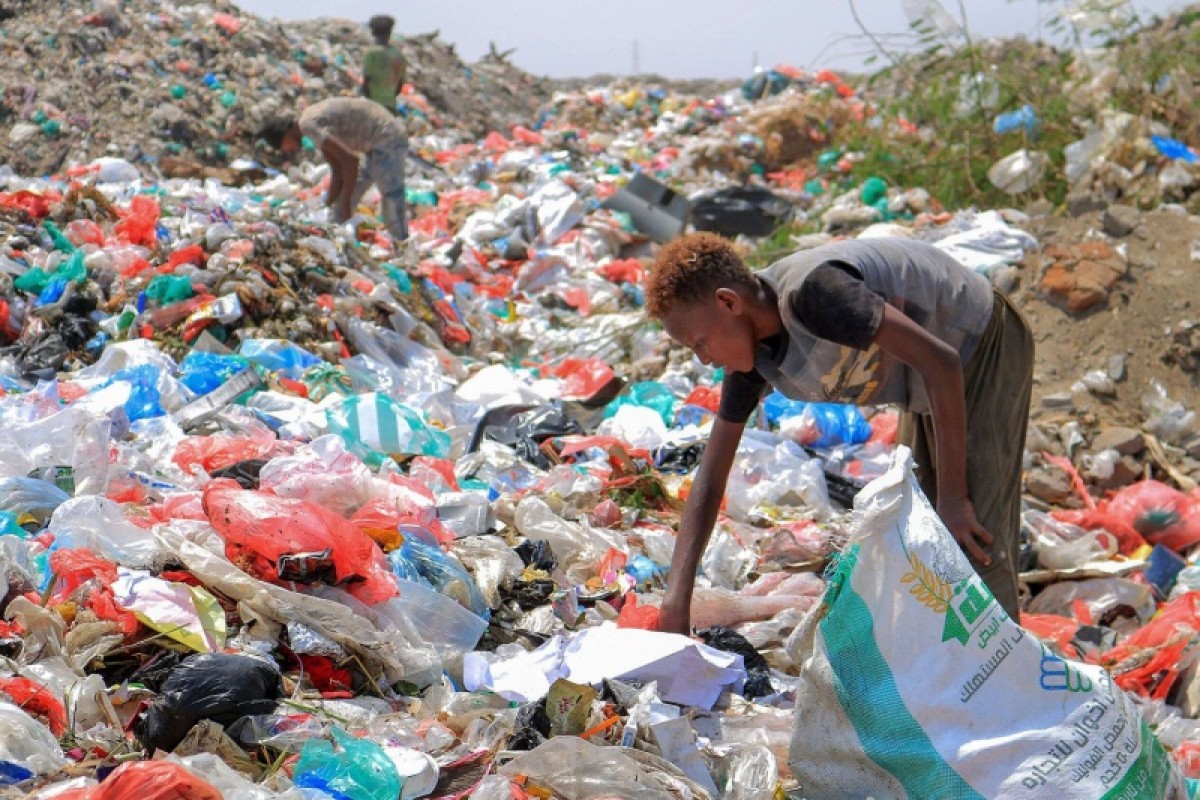London newspaper: A stifling financial crisis is besieging the Yemeni government due to delayed Saudi support


Three sources in the internationally recognized Yemeni government said on Saturday that the government is currently facing an unprecedented, stifling financial crisis, which has caused a delay in disbursing employee salaries for two months and an inability to provide fuel for power generation plants.
The sources told Reuters, “The delay in the arrival of the fourth financial payment pledged by Saudi Arabia, amounting to $200 million, about a month ago increased the pressure on the government and caused the price of the local currency to decline against the US dollar to its lowest level in the country’s history, which is 2040 riyals per dollar.” ".
The collapse of the currency comes despite the government’s talk about taking measures and measures to limit the deterioration and arrest speculators and currency smugglers.
A senior official at the Central Bank of Yemen in Aden told Reuters, requesting that his name not be mentioned, that the government is suffering amid a decline in state revenues to their lowest levels ever.
In mid-June, Saudi Arabia deposited about $300 million in the accounts of the Central Bank of Yemen, which is based in Aden, southern Yemen, as the third installment of the one-year, $1.2 billion grant to support the general budget, which began in August last year.
p>The official confirmed that the crisis has limited the government's ability to provide fuel to power plants in the city of Aden and its neighboring governorates.
Residents said that the number of hours of power outage in Aden and the southern governorates rose to 16 hours per day.
This crisis is due to multiple factors, the most important of which are the large deficit in generating capacity, the high loads due to heat waves, in addition to the scarcity and depletion of diesel and diesel fuel, the depletion of light crude oil for the Masila Petro Station in Al-Haswa, and the weak supply of Petro Masila with crude oil sent from Marib and Shabwa.
The official pointed to “a deficit in the balance of payments that reached its peak due to the severe shortage of government resources and the increased demand for foreign currency to cover the import bill.”
Yemen obtains 95 percent of most of its food needs from external sources.
The Yemeni currency is currently suffering a historic deterioration, as the dollar exchange rate reached more than 2030 riyals for the first time in the country’s history, after the dollar was worth 2015 riyals with the outbreak of war at the end of the year 2024.
The situation has deteriorated in Aden, the seat of the government, and southern Yemen in particular since, in late 2022, several Houthi drone attacks targeted oil tankers at southern oil terminals, preventing the government from exporting crude oil and fuel flows from there.
Earlier, the Governor of the Central Bank of Yemen, Ahmed Ghaleb Al-Maqbi, said that the government lost more than $6 billion as a result of the Houthi group’s attacks on oil export ports in the governorates of Hadramaut and Shabwa, which led to the cessation of the export of crude oil.
These pressures have increased the severity of the humanitarian crisis, as the United Nations estimates that Yemen is witnessing “the largest humanitarian crisis in the world,” with the specter of famine threatening millions and the collapse of the national economy.